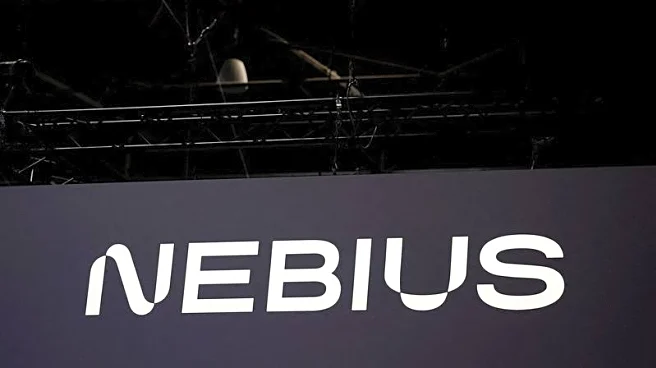What is the story about?
What's Happening?
The U.S. government's decision to impose a $100,000 annual fee on H-1B visas is prompting Indian IT companies to reconsider their hiring and business strategies. The fee increase, announced by President Trump, is expected to escalate costs and potentially disrupt business models for companies heavily reliant on H-1B visas. Indian tech professionals, who are major beneficiaries of the program, may face reduced mobility and increased competition. The fee hike comes amid a challenging business environment for the Indian IT sector, which is already dealing with macroeconomic uncertainties and geopolitical tensions.
Why It's Important?
The new H-1B visa fee could erode the competitiveness of Indian IT firms in the U.S. market, forcing them to adapt by hiring more local talent and investing in automation. This shift may lead to a more localized workforce in the U.S., aligning with the Trump administration's goal of prioritizing American workers. However, the increased costs could also impact the profitability and global delivery models of Indian IT companies. The decision may further strain U.S.-India economic relations and affect the innovation and growth of the U.S. tech industry, which relies on global talent.
What's Next?
Indian IT companies may need to explore alternative markets and adjust their global delivery models to mitigate the impact of the fee increase. The industry may also engage in discussions with U.S. policymakers to seek more favorable visa policies. Additionally, the potential passage of the HIRE Act, which aims to curb outsourcing, could further influence the strategic decisions of Indian IT firms operating in the U.S.
















